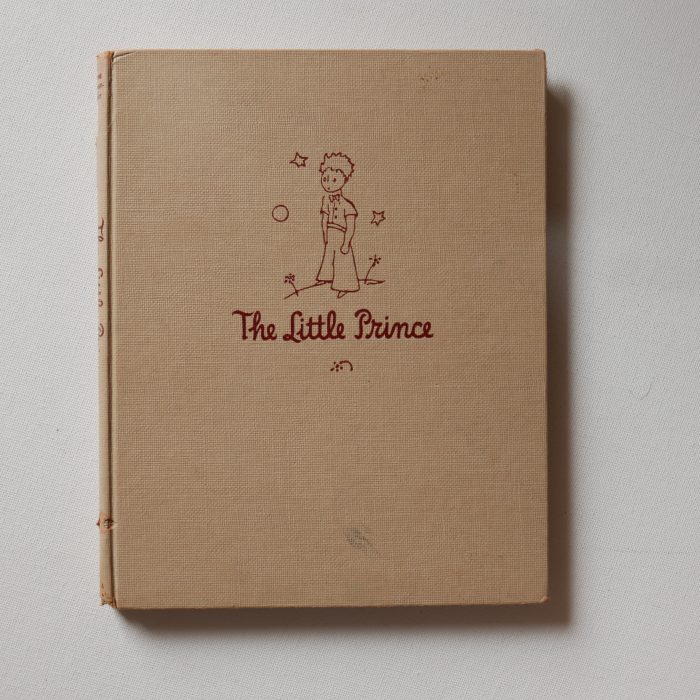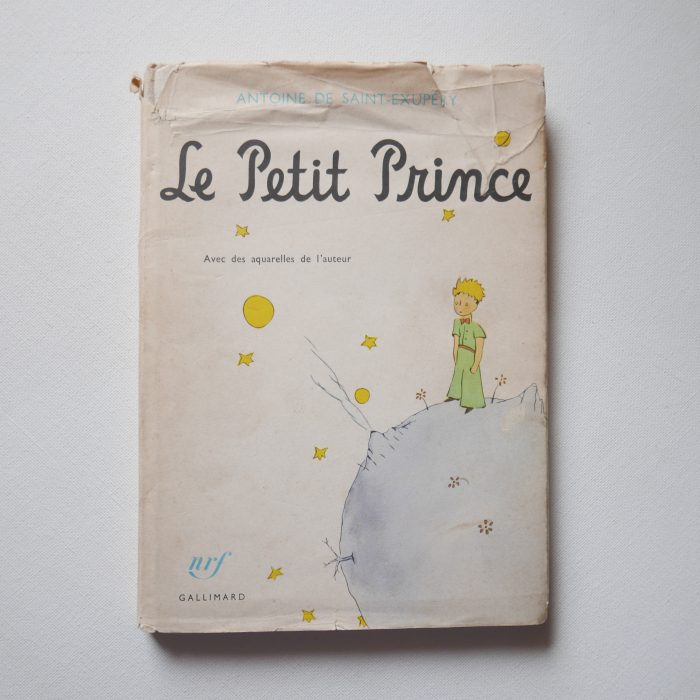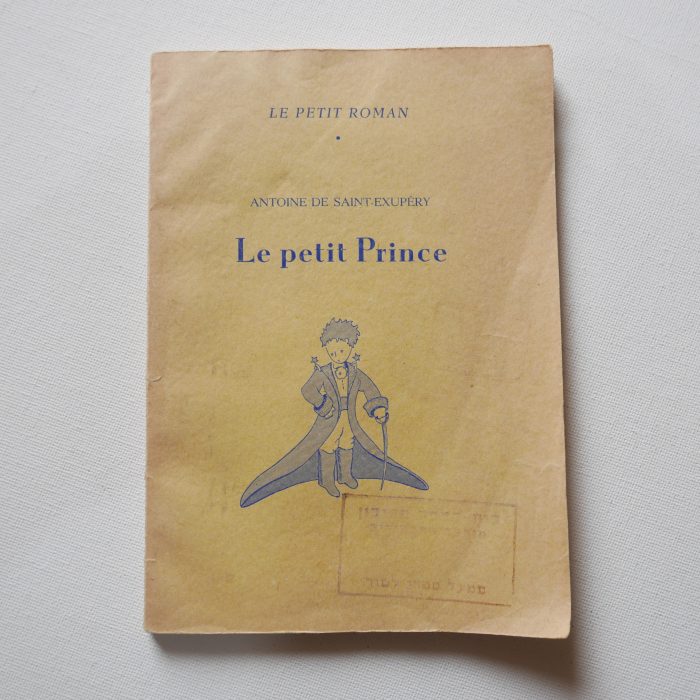First Global Publishing

Amidst the situation of the World War II, Saint-Exupéry struggled to find a publisher for the The Little Prince book, when he was living in exile in New York City, after fleeing from Europe due to the fall of France to Nazi Germany in 1940s. Many publishers were hesitant to take a chance on a children’s book. Finally, in 1943, he was able to secure a publishing deal with a small New York City publishing house, Reynal & Hitchcock. So the first edition of The Little Prince was published in New York by Reynal & Hitchcock in April 1943.
The book was printed in English and had a small print run of just over 5,000 copies. This edition was a critical and commercial success, and was quickly published in its original French Le Petit Prince later that year. This was surely an unusual step — publishing a French book in the U.S. before its release in any Francophone countries.
First Publishing in France
The liberation of France in 1944 paved the way for Le Petit Prince to be published in Saint-Exupéry’s homeland. However, Saint-Exupéry would not live to see this day; he disappeared over the Mediterranean Sea in July 1944 while on a reconnaissance mission for the Free French Air Force. It wasn’t until after the war, in 1946, that Le Petit Prince was finally published in France by Gallimard, one of the country’s leading publishing houses.
The post-war publication was met with critical and commercial success, as the book’s philosophical themes and poetic style found a receptive audience among a French populace recovering from the devastation of the war. Le Petit Prince quickly became a staple of French literature, beloved by children and adults alike for its profound wisdom and simplicity.

First Publishing in Indonesia
The first publication of Le Petit Prince by J.B. Wolters in Jakarta and Groningen in 1950 is a notable event, marking its introduction to Dutch and Indonesian readers. J.B. Wolters, a publishing house based in the Netherlands, played a significant role in disseminating educational and literary materials in both the Netherlands and its colonies, including Indonesia, which was transitioning from Dutch colonial rule to independence around that time.
Given J.B. Wolters’ background in educational publishing, this edition of Le Petit Prince likely served educational purposes, helping to introduce Antoine de Saint-Exupéry’s philosophical tale to students and young readers in both countries.



